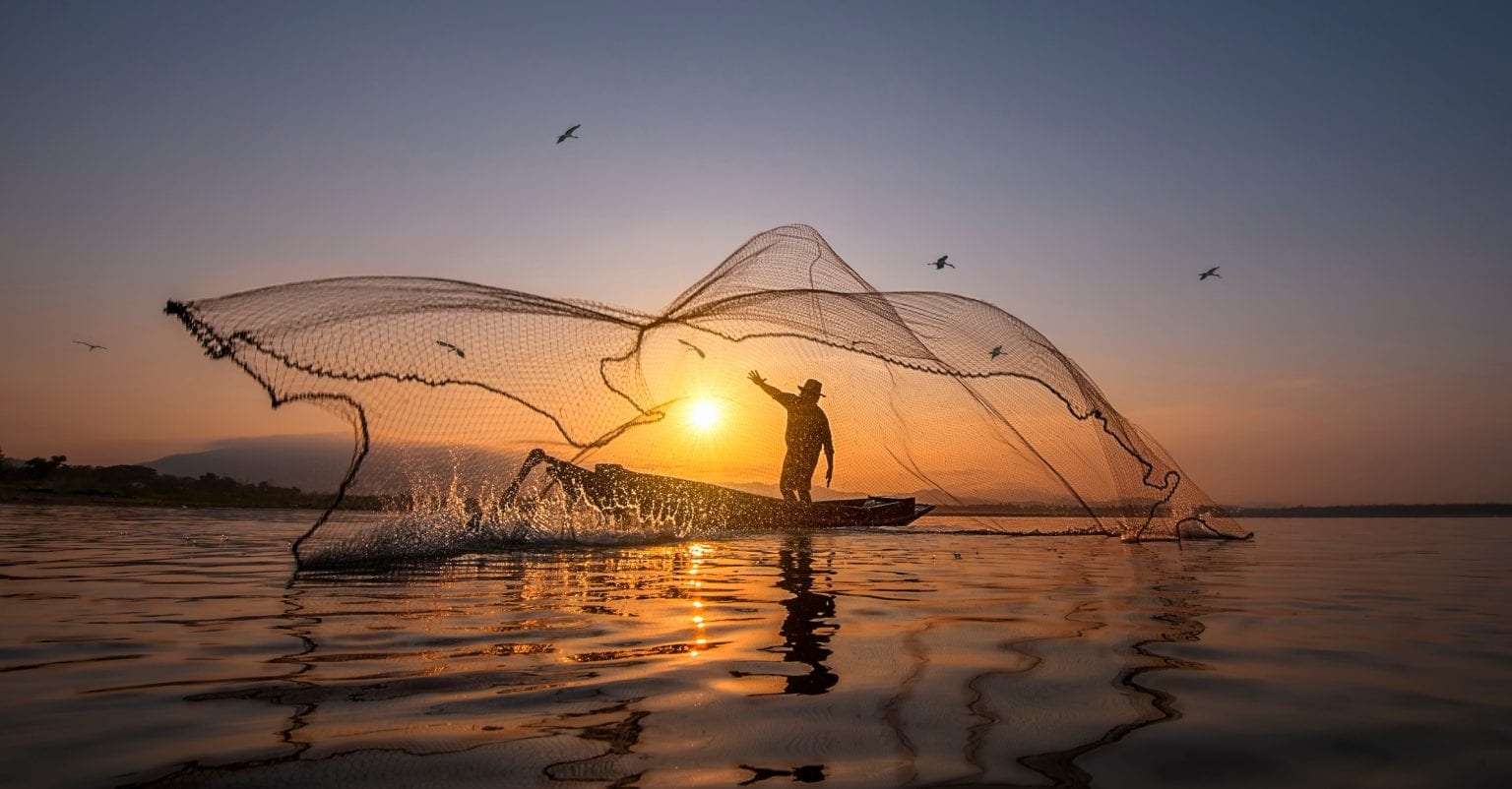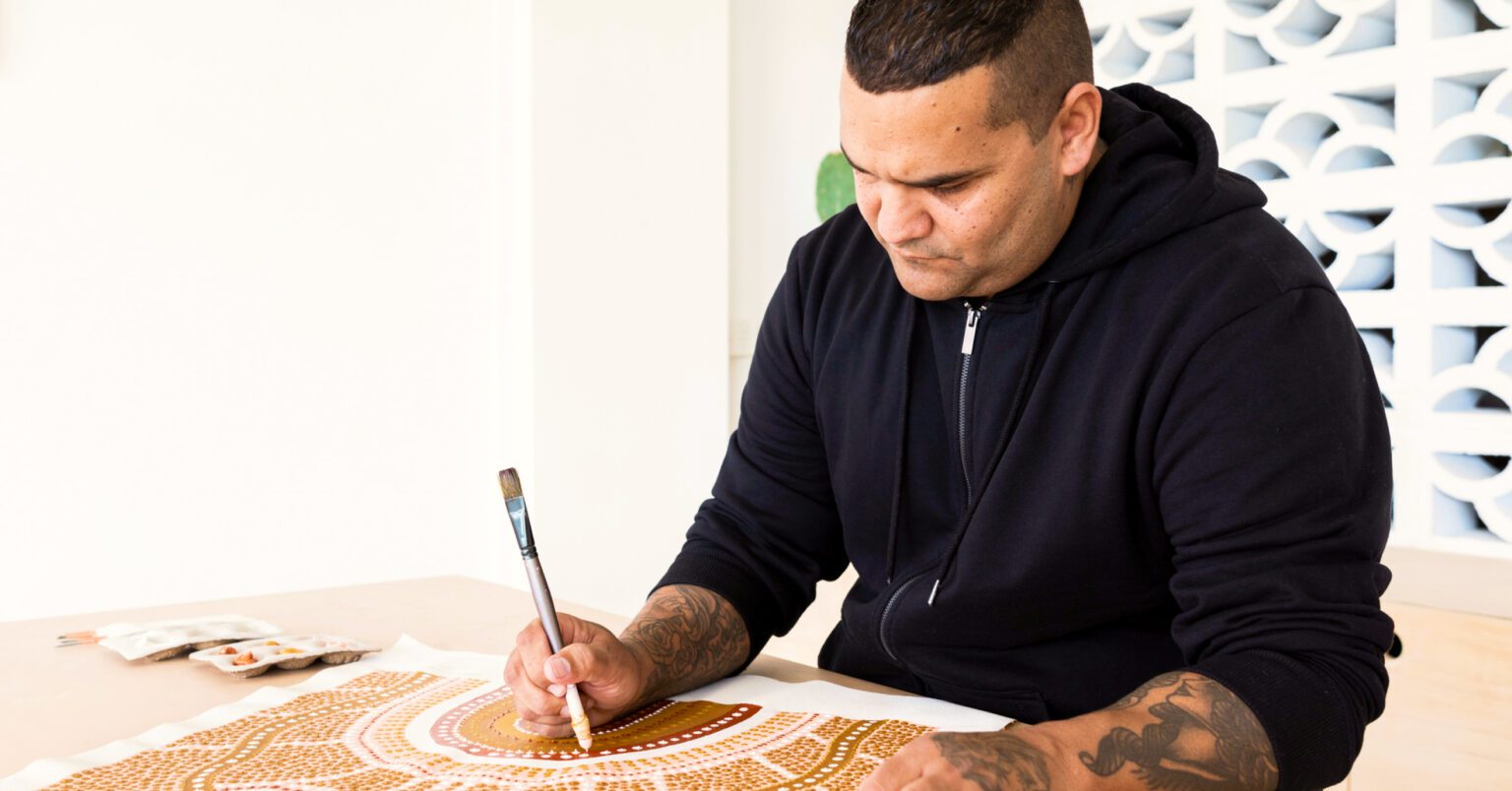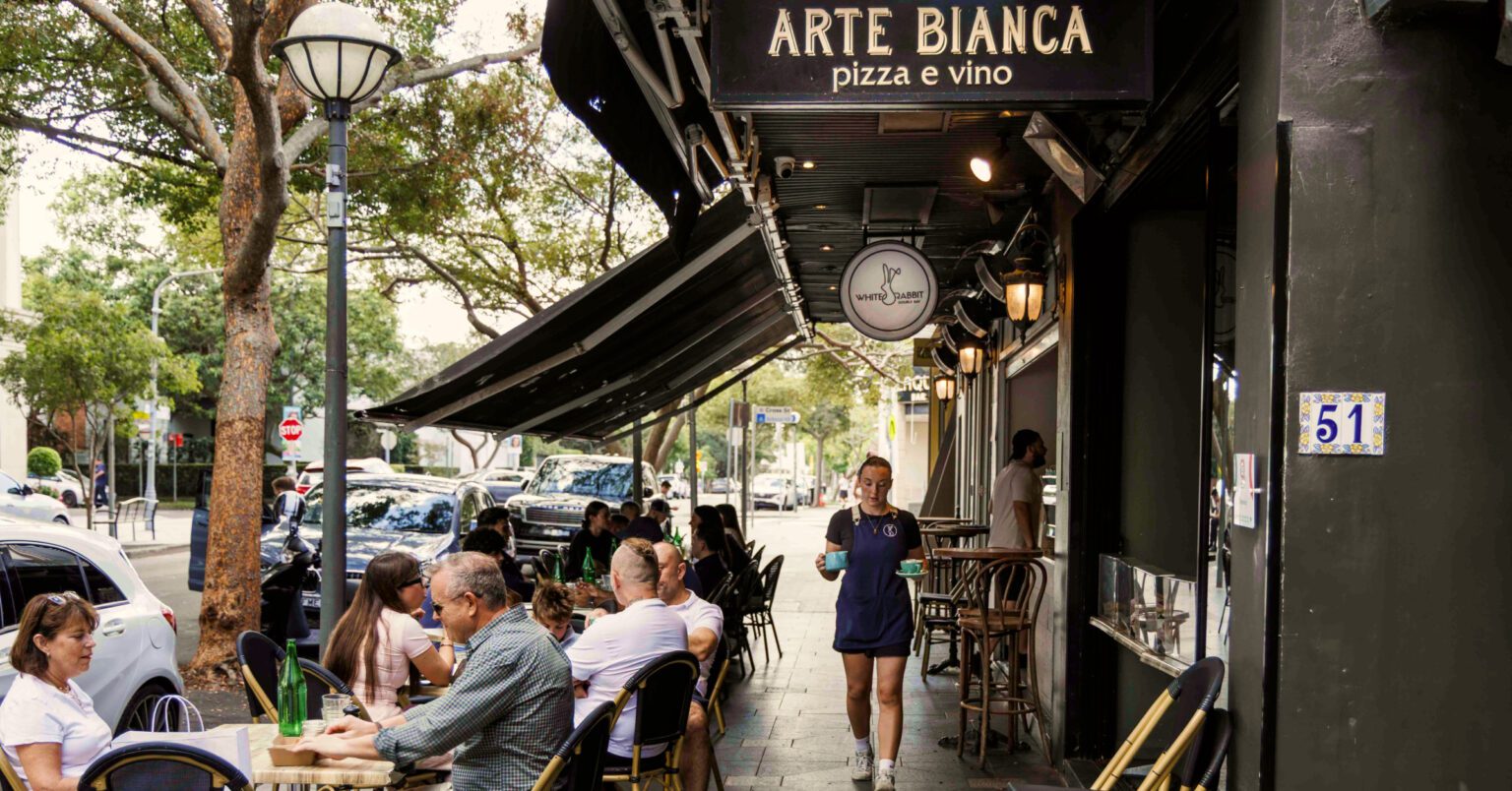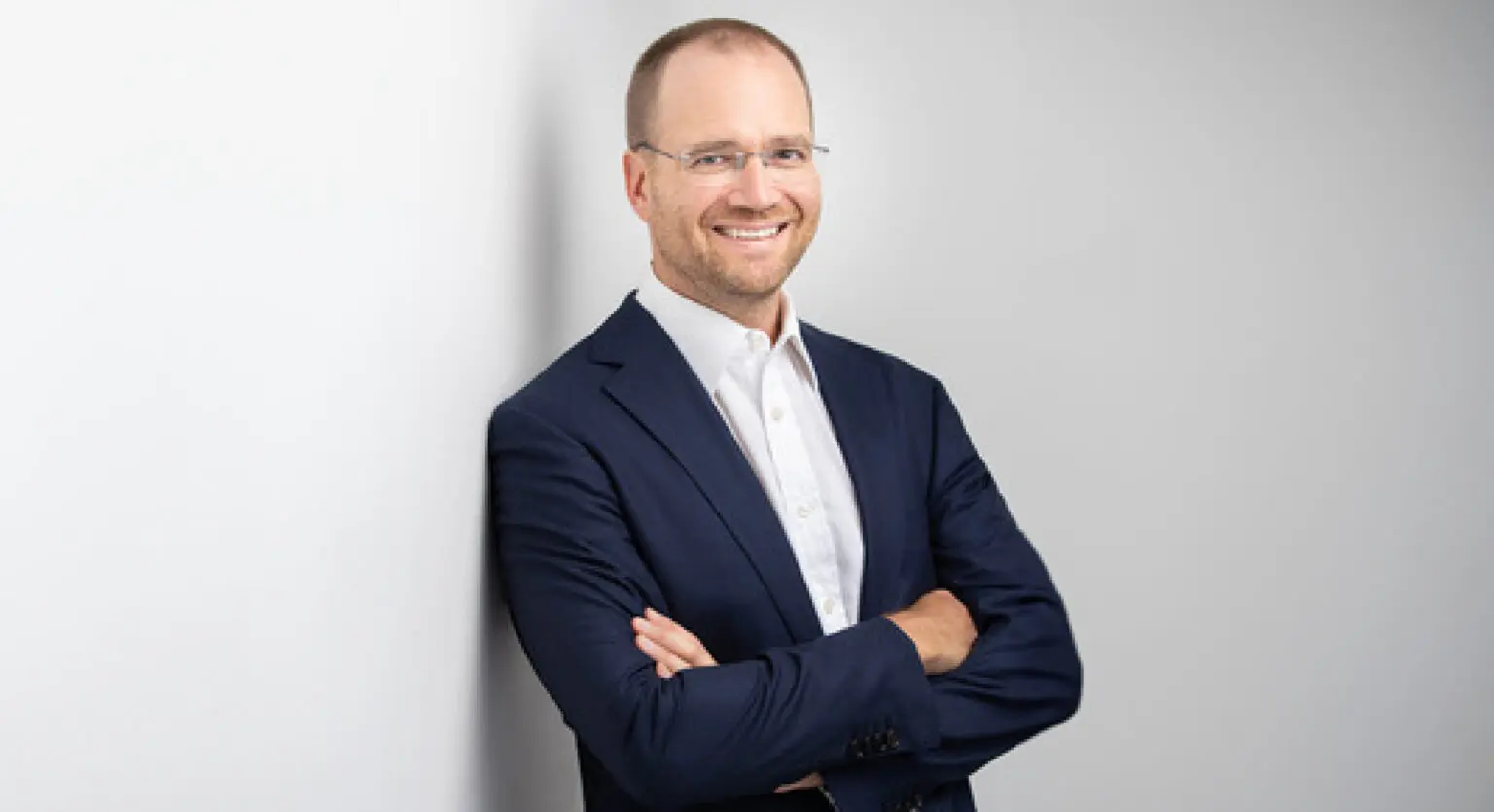Ben Pyka laughs at the fact that although he studied Japanese and German at university, he is now a fish farmer. However, he's not just reeling them in, he works across every aspect of 41 Degrees South, an environmentally-conscious, family-owned freshwater salmon farm in Tasmania.
This is the 5th installment of Prospa’s ‘I wish someone had told me that’ series, where we speak with seasoned small business owners to hear their advice on growing a business and what they wish they were told along the way. Read other stories here.
It all started with…
A waterfall! My parents bought this land in northern Tasmania, in 2001, simply because it had a waterfall on it. I mean, how many people do you know who own a waterfall?
I’m now a co-owner, along with my dad and sister, of 41 Degrees South – a ginseng and freshwater salmon farm on 15 acres of wetland. The waterfall and everything we’ve built is part of an aquaculture system, which means water that leaves the farm is cleaner than when it came in.
 Image: Ben Pyka with salmon
Image: Ben Pyka with salmon
Co-ownership eventuated after years of coming and going from the business. While at university (where I studied languages), I would help to gut and smoke the fish. Then I came on board as a gopher – you know, ‘go for this, go for that’ – for building wetlands, concrete fish tanks and a visitor centre.
I then became the farm manager, but after some years in that role I took a break to pursue other avenues. When I returned, we divided the business into four shares – my dad owns two and my sister and I have one each.
We don’t have set roles or responsibilities according to our shares, but the practical difference between being a co-owner versus a manager is that I can make decisions and implement them without needing approval. Obviously, large decisions are always discussed, however small ones don’t need to be.
The key to business for me is…
Planning. Our production cycle has to be planned 18 months ahead as that’s how long the fish take to grow.
Organisation and planning is what we excel at. A good example of this is when we were told we were the only ones to fulfil all the requirements of a Federal Government grant within the timelines. That was all down to planning.
I wish someone had told me that…
If you’re a small business with a perishable product, freight is going to hurt you.
It can cost more to get a product from Victoria to Tasmania than it does from Canada to Victoria. I can distribute salmon to any state, but my customers – like IGAs and restaurants – are not big enough to be able to buy a whole pallet, which is the only economical way to move the product.
In between leaving my role as farm manager at 41 Degrees South and returning as a co-owner, I worked in logistics [for a different company] and convinced one company to consolidate its refrigerated freight, allowing them to ship to Victoria.
If I’d known this earlier on, I would have developed a separate business, [to run alongside 41 Degrees South] to provide an extra revenue stream to enable this farm to be even more beautiful than it already is. The idea is still there for me, but I currently have no desire to make it happen. The time it would take away from family is simply too great (that’s another perk of working with your family, you get to see them every day).
 Image: Ben, far right, at a salmon tasting
Image: Ben, far right, at a salmon tasting
The irony about working with family is…
The pros and cons are exactly the same. For example, it’s great that you can say anything you like, but the downside is that they can say anything they like back to you, including being critical – which isn’t always such a bad thing.
When people ask me whether they should go into business with family, I jokingly say ‘don’t do it!’. But the truth is, the good stuff outweighs the bad.
With family, you have an accountable and dependable workforce. After all, you know where they live! A downside is that issues can become more emotive. Someone needing a day off to look after their sick kids is your concern as a family member as well as an employer.
For me, what tips the balance towards the good outweighing the bad is the support you give each other. That’s something that’s innate within our family.
We’re already breeding the next generation of workers. My sister has young kids and mine are 11 and 15; they’ve all grown up on the farm.
Not having a ‘set’ role in a small business means…
That there’s a lot of stuff going on in my head at any one time. I’m the person on the farm who knows how to do everything. You can ask me a question about anything from fish stocks to forecasting and I’ll know the answer. This is not surprising, given I was involved in building everything here, mostly by hand.
Other small business owners would know that being involved in everything makes it difficult to have any reprieve. My dad and sister will handball questions to me and customers contact me directly, even when I’m on holiday. I’m pretty easy going, so I don’t mind most of the time, but I’d like to get to a stage where if I’m not working, I’m not working.
To be honest, I don’t exactly know how I’ll start [setting those boundaries]. Partly because right now is about scaling up so the business has enough income to support [us taking more time off or more resources], but I think it’s also something I will learn to do with time.
Are distribution costs putting a squeeze on your cash flow? Find out how a Prospa Line of Credit could ease some of the pressure.









